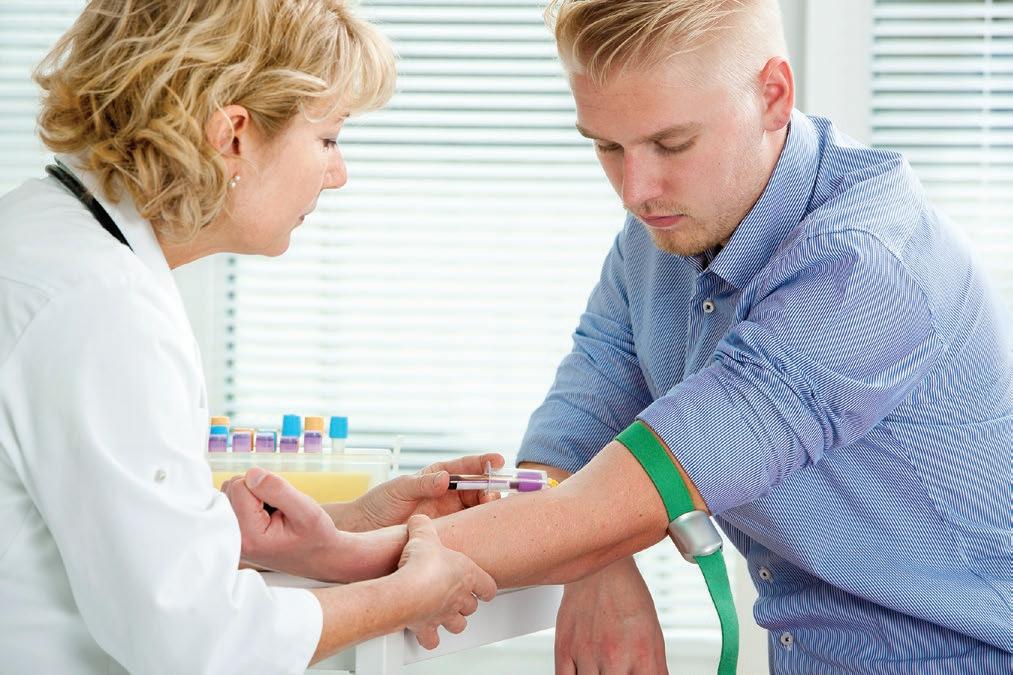
2 minute read
11. Moving to “adult care
Transition is the process of preparing young people for transfer to adult services, it begins around the age of 12 to 14 years and is completed at the age of 16. This might start with asking the young person one or two simple questions with their parent or guardian present and eventually seeing them for a short while on their own, helping them to understand JIA and their medications.
The transfer process should be gradual and guides the young person in understanding and being in control of their own healthcare.
This means they will attend a different hospital when they are under the care of an adult rheumatologist. If the young person is supported by an adult rheumatologist from the start, the transfer will be slightly different because they will already be under the care of their adult rheumatologist!
If no-one has mentioned transition by the time the young person is approximately 14 years old, we would encourage parents to ask their consultant or nurse about it. It’s important that parents understand the transition process the young person will go through so that they can reassure them and support the transition plan. Part of the transition plan will be to consider what happens if the young person leaves home to attend college, university or other further education settings as they will need to be referred by their existing team to a unit which is close to where they will be doing their course/further education so that they can access help when they need it and maintain follow-up care as necessary.
Young people need to start taking personal responsibility for things like taking their medication without parental input/nagging. Not taking their medication regularly can result in flares and affect long term outcomes, so making sure your child understands the importance of personal responsibility in this respect is vital.
As mentioned above, the process for transition does vary but generally a plan will be put in place and it won’t be a case of one day attending a new and different clinic with new doctors and nurses who they have never met before. The important thing is not to get lost in the system and for the young person (and you as their parent or guardian) to know and understand what the transition plan is. This plan should include the names and contact details of those in the adult clinic.
If you don’t hear from the adult clinic about a future appointment contact them and mention it to your paediatric team. In general, your child will continue to attend the paediatric service until they have attended the adult rheumatologist at least once.
During the transition process the young person will get the opportunity to see the paediatric doctors and nurses without their parents (after 16 years old they automatically have that right too). Arthritis Ireland have developed the Fizz Transition Resource to help guide teenagers through the complex range of physical, psychological, social and emotional issues they face as a teenager living with arthritis. It’s full of useful information and tips to help them with their health, life, education and future. It will show them where to go to get more information and support as they move towards adulthood. Having the correct information, and knowing what supports are available should make the transition from childhood to adulthood a little easier.
To view the Fizz Transition Resource visit www.arthritisireland.ie








